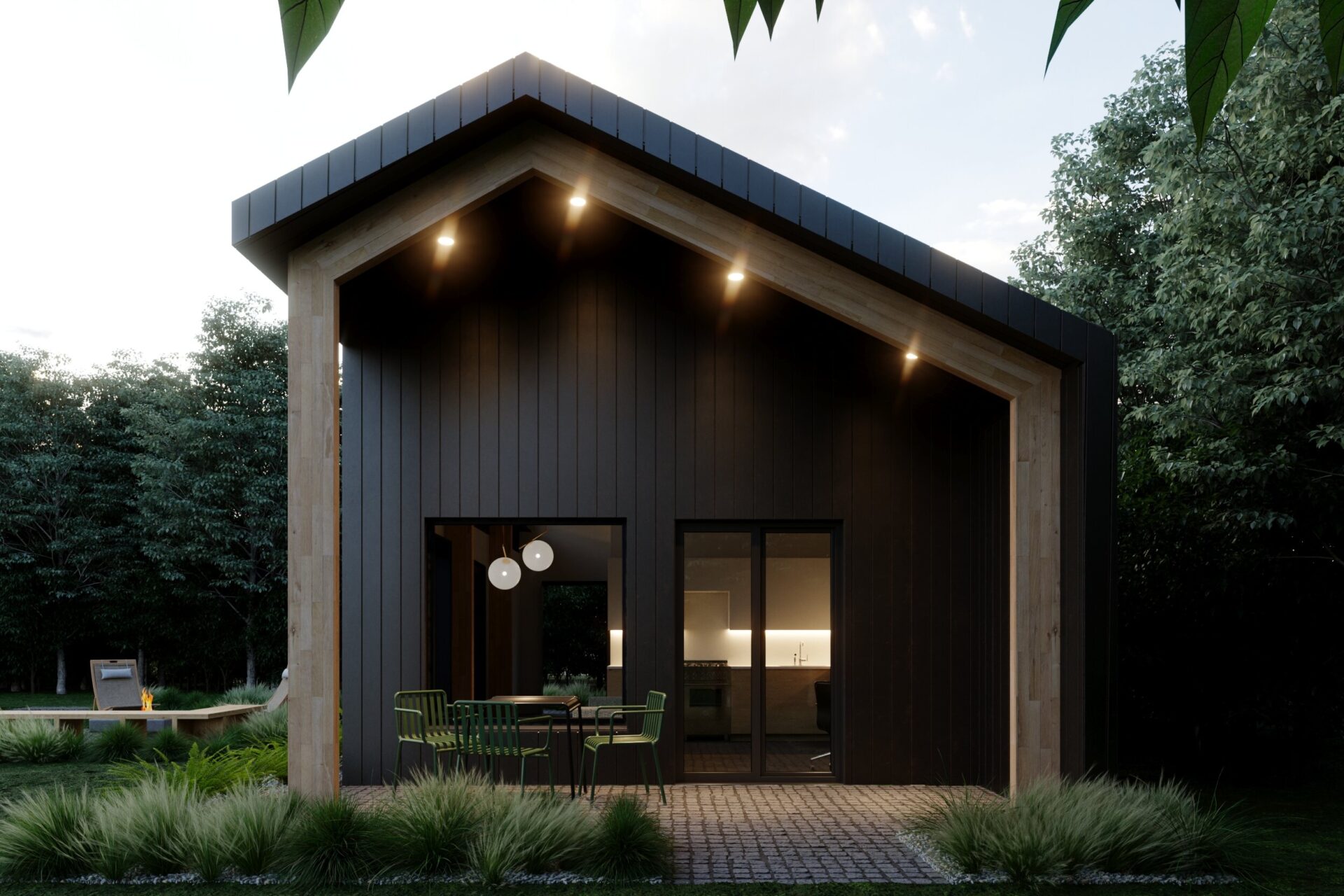Last month, the City of Toronto bylaw on garden suites came into effect. On The Final Word from August 5, Abby Hughes hears from the Executive Director of Toronto City Planning and the director of the Together Design Lab about the potential impacts these suites will have.
Last month, the City of Toronto bylaw permitting garden suites came into effect.
These small dwellings are secondary units separate from a main house, typically located in backyards.
These smaller homes are complete apartments, as they must have a bathroom and a kitchen to be classified as garden suites. Many housing advocates and experts in urban planning think they’re a key part of expanding housing options for Torontonians, but others are less enthusiastic.
Laws allowing for these types of structures have been implemented in many other North American cities. Los Angeles, Portland, Halifax, Ottawa and more have allowed this kind of housing in an effort to increase housing options for residents.
According to Gregg Lintern, the chief planner and executive director of Toronto City Planning, these suites aren’t so different from structures we already see in some Toronto neighborhoods.
“Think about a typical garage at the end of a driveway or backyard or something that you commonly see in Toronto’s inner suburbs,” says Lintern. “That is essentially the scale of a garden suite. It would be a building that would be detached from your main building.”
But ratepayers groups and residents associations are concerned about these suites. These groups have expressed worry about the potential loss of trees and plant life, as well as possible privacy issues. They were also concerned that the suites weren’t guaranteed to be “ancillary to”—or, smaller than—the main house.
The bill was first passed in February 2022, but groups including the Bedford Wanless Ratepayers Association and the Confederation of Resident & Ratepayer Associations in Toronto held up the bylaw until July by trying to appeal to the Ontario Land Tribunal. Ultimately, the tribunal dismissed that appeal without hearing the ratepayers’ concerns.
Lintern says that the Ontario Planning Act requires cities in Ontario to have policies permitting secondary suites like garden suites. The Ontario Land Tribunal did not have jurisdiction to appeal the bylaw as the only person who could have appealed was the Minister of Municipal Affairs.
Garden suites aren’t the first secondary unit of their kind in Toronto, either. They’ve been compared to laneway suites, which the city has allowed since 2019. The major difference is that laneway suites must be adjacent to a public laneway.
Shelagh McCartney, a professor and director of the Together Design Lab here at Toronto Met, has studied laneway suites. She says the garden suite bylaw is a promising move for housing in Toronto.
Because garden suites don’t have to be built next to a laneway, the possible number of units like this that can be built has gone way up.
Given the cost of housing in Toronto—to buy and to rent—garden suites are widely seen as part of a plan for better housing. While this bylaw won’t bring down the price of housing on its own, McCartney is excited about their potential.
“This is a way for incremental change to occur within communities,” she says.
Want more? Listen to the full episode of The Final Word from August 5, 2022 on SoundCloud, or wherever you listen to podcasts.









